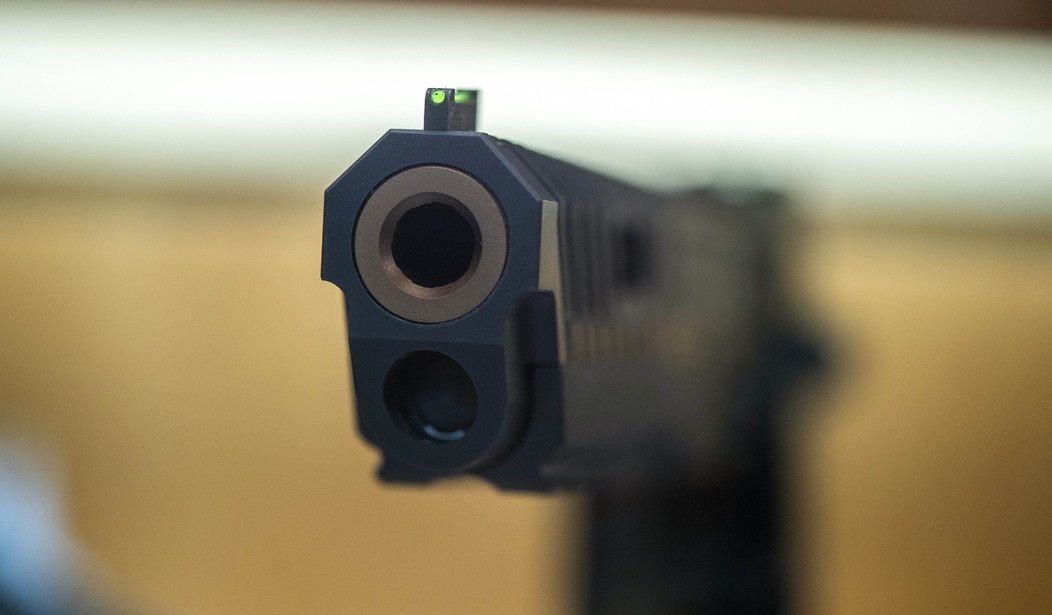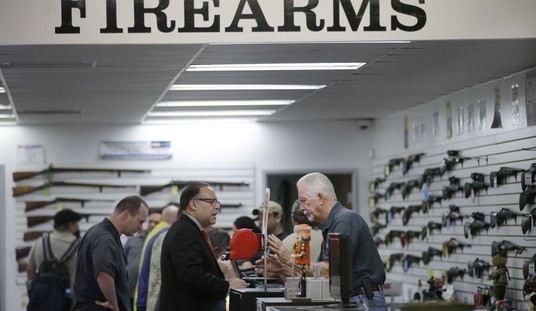The Bruen decision changed things regarding gun laws in America. For the first time, lower courts were expressly directed to look not at their own feelings or some compelling governmental interest on gun control, but the history of this nation.
In short, if a historical analog doesn’t exist for a gun law at particular points in time, the law is unconstitutional.
To say that this bothers some people is putting it mildly. While they don’t even blink about the First or Fourth Amendments applying to the digital world, they think permitted guns should remain in some kind of status.
And they love to claim that history isn’t a particularly good guide.
The framers of our Constitution penned the Second Amendment over two centuries ago. Today, the meaning of that amendment is being endlessly debated. In any debate that impacts gun laws, protecting the safety of citizens must always be the first priority. It hasn’t always been.
No, protecting people’s rights must always be the first priority.
Trying to protect the safety of people sounds good until you realize just how far that can be taken by the government. For example, imagine a ban on private transportation because cars kill millions of people every year and the supposed effects of climate change would cost even more?
Now, driving isn’t considered a right but a privilege by the courts, but people would lose their minds if they were told they had to take the bus everywhere, and with good reason.
Yet that argument could easily be made about this and a million other things, including what foods you’re allowed to eat–like steak? Tough. Red meat is evil, donchaknow?–what sports you can play, what time you go to bed, etc.
But hey, it’s unfair of me to rip apart just the first paragraph. Maybe the author makes a better point later on.
In 1986, President Reagan signed legislation that banned private citizens from owning fully automatic guns, with few exceptions. In 1994, during the Clinton years, Congress passed into law a bill that banned the manufacture and sale of certain semi-automatic assault-style guns for civilian use. The bill included a ban on high-capacity magazines. At the time, three former presidents – Gerald Ford, Jimmy Carter and Ronald Reagan – wrote to the U.S. House of Representatives to support that legislation. Ten years later, in 2004, a Republican Congress allowed that law to expire, and those rapid-fire long guns and high-capacity magazines were once again flowing into our society and into our public places.
Our military protects us from rogue nations. Who is protecting our kids sitting in a classroom?
President Reagan took legislative action against powerful guns in our society. We now have a new generation of guns as dangerous as those he acted against. Why aren’t Republicans in Congress following his lead? Some will blame our nation’s Second Amendment, but the Second Amendment doesn’t protect any type of gun. Presidents Reagan and Clinton have shown us that.
Holy. Freaking. Crap.
It doesn’t get any better.
Yes, Reagan signed the machine gun ban as part of a much larger bill. The ban was an attempt at a poison pill to try and kill a bill that would put a bit of a muzzle on the ATF rather than a response to some particular breed of violent crime using lawfully purchased full-auto firearms.
Plus, frankly, we’re having an issue now with illegal full-autos on our city streets, meaning that ban accomplished nothing except to make it a whole lot harder for someone like you or me to own one.
Further, yes, our military protects us from rogue nations, but they do that with guns.
We should probably have people with guns protecting our kids sitting in classrooms because laws won’t do it.
Why isn’t common sense being applied to gun laws in this country? Follow the money. The sale and lucrative aftermarket of 400 million guns carries a lot of influence into the pockets of many of those responsible for our gun laws.
This is, without a doubt, the most hilarious effort I’ve ever seen in my life.
Yes, there are 400 million guns in private hands in the US, if not more. What this dipstick doesn’t get is that those guns have been bought over the course of decades.
Guns aren’t perishable items. A quality firearm that’s properly maintained will last someone a lifetime. Several lifetimes, actually–think of all the World War II Lugers, P38s, and 1911s still in circulations, for example.
That means those 400 million guns are anything but an annual sale, and the “lucrative aftermarket” is one filled primarily with small businesses, which suggests it’s not exactly lucrative enough to attract the attention of Fortune 500 companies.
See, what we have here is an author who at once claims you can’t use history as a guide on gun laws who then begins to manipulate history to try and push an anti-gun agenda.
But what they don’t get into is the simple fact that the Second Amendment explicitly says that the right to keep and bear arms shall not be infringed. The Supreme Court, in Bruen, presented a test to see if the Founders would have considered something infringement or not, and that’s the history aspect I mentioned before.
People who take issue with this know that history isn’t on their side, so they just want to dismiss it entirely. They argue it’s irrelevant and can come up with all kinds of convoluted reasons why it’s not. Yet history doesn’t exist in a vacuum. You can’t bring up a couple of points and ignore the rest and hope no one notices.
We do.
And so history–actual history, that is–needs to be considered. Moreover, it’s extremely relevant to the discussion, no matter how much it interferes with one’s anti-gun agenda.








Join the conversation as a VIP Member